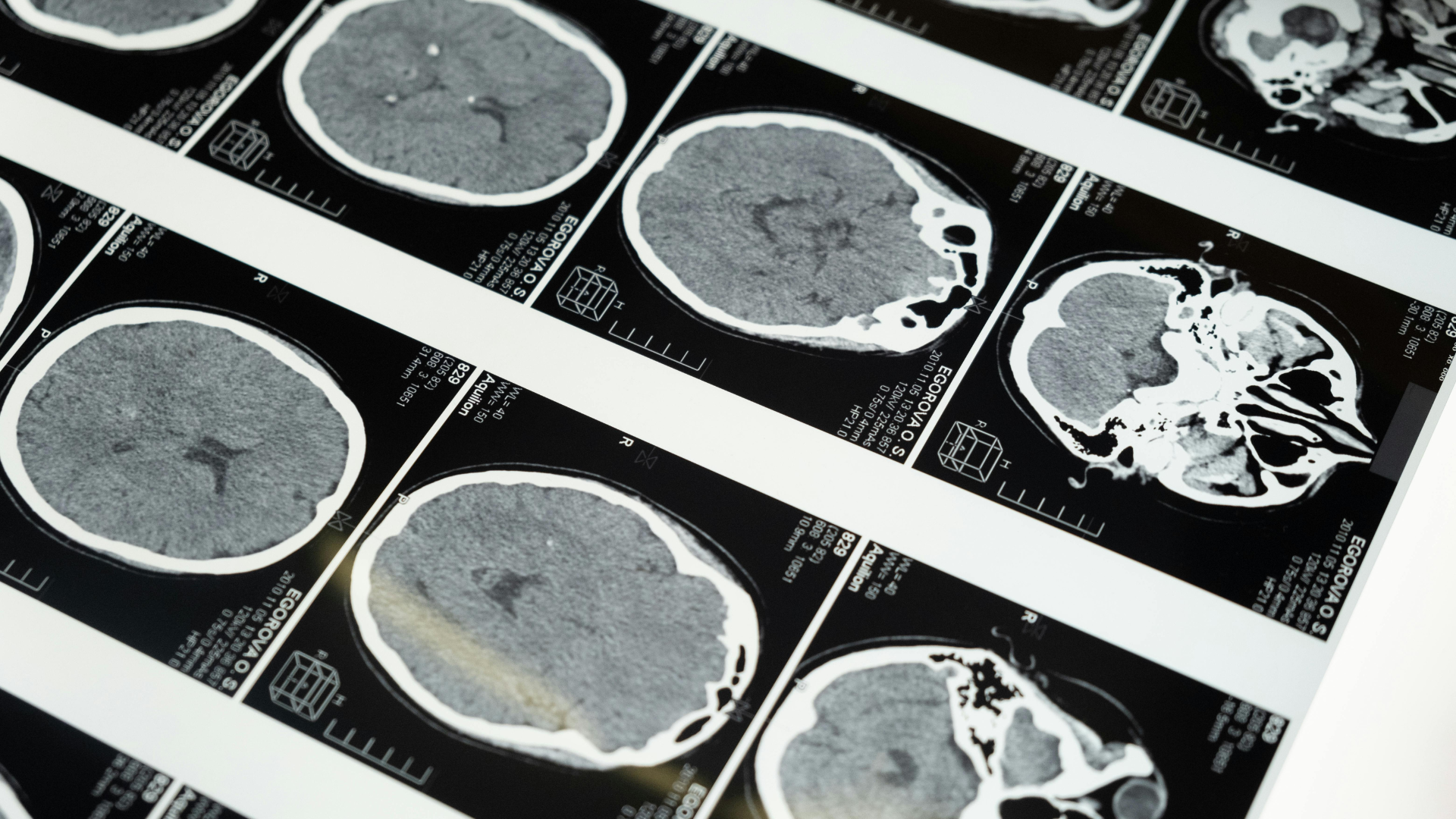Neuroinflammation and Stress
Why Your Brain Needs Calm to Heal
Have you ever felt mentally foggy, emotionally drained, or physically exhausted after prolonged stress? That’s not just in your head, stress can actually trigger neuroinflammation, a condition where the brain’s immune system becomes overactive, leading to cognitive and emotional imbalances.
Chronic stress doesn’t just make you feel overwhelmed; it can damage your brain at a cellular level. Understanding the link between stress, inflammation, and brain health is essential for improving mental clarity, emotional resilience, and overall well-being.
What is Neuroinflammation?
Neuroinflammation refers to inflammation in the brain and central nervous system. While inflammation is a natural immune response designed to protect us from infections and injuries, prolonged inflammation, especially in the brain, can be harmful.
The brain has its own immune cells, called microglia, which act as first responders to threats. When triggered by stress, infections, or toxins, these microglia release inflammatory molecules called cytokines. While short-term inflammation is beneficial, chronic activation of microglia leads to brain dysfunction and mental health struggles.
How Stress Triggers Neuroinflammation
Stress, especially when prolonged, activates the hypothalamic-pituitary-adrenal axis, a system responsible for regulating cortisol (the stress hormone). In small doses, cortisol helps us manage challenges. However, when stress becomes chronic, cortisol levels remain elevated, leading to persistent inflammation in the brain.
Here’s how stress fuels neuroinflammation:
Disrupts Neurotransmitter Balance
Chronic stress reduces serotonin and dopamine levels, which are essential for mood regulation. Low levels of these neurotransmitters are linked to depression, anxiety, and cognitive decline.
Weakens the Blood-Brain Barrier
The blood-brain barrier is a protective shield that prevents harmful substances from entering the brain. Chronic stress can weaken the BBB, allowing inflammatory molecules to seep in, further fuelling neuroinflammation.
Impairs Memory and Cognitive Function
Neuroinflammation damages hippocampal neurons, the brain cells responsible for memory formation. This is why prolonged stress can lead to brain fog, forgetfulness, and difficulty concentrating.
Increases Risk of Mental Health Disorders
Studies show that neuroinflammation is strongly linked to conditions like depression, anxiety, and even neurodegenerative diseases like Alzheimer’s.
Signs Your Brain Might Be Inflamed
If you’ve been under chronic stress, you might notice symptoms of neuroinflammation, such as:
- Brain fog and difficulty focusing.
- Mood swings, irritability, or depression.
- Persistent fatigue, even after resting.
- Increased sensitivity to stress.
- Sleep disturbances.
The good news? Neuroinflammation is reversible. By actively reducing stress and supporting brain health, you can promote healing and restore cognitive and emotional balance.
How to Reduce Neuroinflammation and Heal Your Brain
Your brain needs calm to heal. Here’s how you can reduce neuroinflammation and support optimal brain function:
Prioritise Stress Management
Practices like mindfulness meditation, deep breathing, and yoga help regulate the nervous system and lower cortisol levels, reducing brain inflammation. Even just 10 minutes of daily meditation can significantly improve mental clarity and emotional resilience.
Improve Your Sleep Quality
Sleep is when the brain flushes out toxins and repairs itself. Poor sleep increases inflammation, while deep, restorative sleep helps clear inflammatory cytokines. Aim for 7-9 hours of quality sleep per night.
Eat Brain-Boosting Anti-Inflammatory Foods
A diet rich in omega-3 fatty acids, antioxidants, and polyphenols can help combat neuroinflammation. Try incorporating:
- Fatty fish (salmon, sardines)
- Berries (blueberries, blackberries)
- Leafy greens (spinach, kale)
- Nuts and seeds (walnuts, flaxseeds)
- Turmeric and ginger (natural anti-inflammatory spices)
Engage in Regular Physical Activity
Exercise stimulates brain-derived neurotrophic factor, a protein that protects neurons and reduces inflammation. Activities like brisk walking, swimming, and strength training can significantly improve cognitive function and emotional resilience.
Strengthen Social Connections
Loneliness and social isolation increase neuroinflammation. Regular social interactions and strong support systems have been shown to lower stress-related brain inflammation and improve mental well-being.
How Resilience Development Can Help
If you’re struggling with chronic stress, brain fog, or emotional exhaustion, the PsycApps CPD-certified Resilience Development Programme offers expert guidance to help you regain mental clarity and emotional balance.
This science-backed programme is designed to:
Reduce stress through Cognitive Behavioural Therapy techniques.
Improve emotional regulation and resilience with mindfulness-based strategies.
Help rewire the brain for positive thinking by targeting negative thought patterns.
By incorporating these techniques, you can actively reduce neuroinflammation and restore your brain’s natural ability to heal.
Give Your Brain the Calm It Needs
Neuroinflammation is one of the most overlooked consequences of chronic stress, yet it plays a major role in mental and cognitive health. The good news is that by taking intentional steps to manage stress, nourish your body, and prioritise mental well-being, you can help your brain heal and thrive.
So next time you’re feeling overwhelmed, remember, your brain needs calm to heal. Take a deep breath, slow down, and give yourself the care you deserve.
Explore our CPD-Certified Resilience Development Programme to start your journey today.


